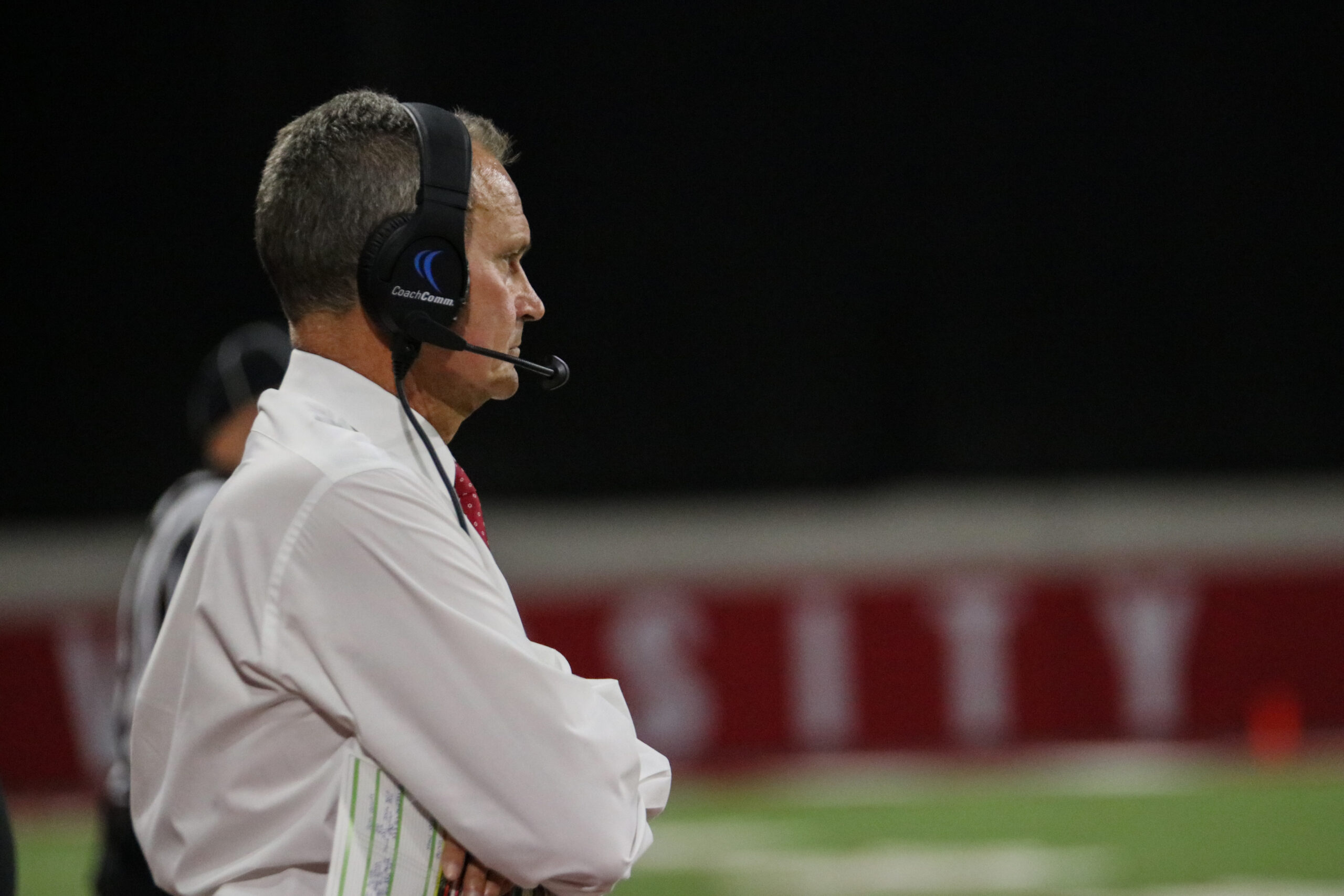COLUMN: NCAA creating downfall
Ask any baseball historian what the three greatest mistakes in their sport’s history are and all of them will probably give you the same answer.
First, laughing off Branch Rickey’s impassioned pleas to change up the sport at the professional level leading to professional football overtaking the sport as the country’s most popular.
Second, the strike of 1994 which alienated large portions of the fan base and Major League Baseball’s slap-on-the-wrist enforcement.
Finally, the snail-paced reaction to the widespread use of performance enhancing drugs within the league.
So what does baseball’s fall from grace have to do with the current state of college football? Short of a strike, the NCAA is following essentially the same road map baseball followed into the abyss: an unwillingness to change the game in the face of falling public support and half-witted, slow, inconsistent and often comical responses to major violations of their own rules.
The BCS was created in 1998 to replace the old system of determining a championship, which consisted of using subjective polls and contracts to determine who went to what bowl. The BCS solution: Add a few more subjective polls and run them through a computer, which will also factor in a few quantifiable statistics that no other legitimate sport uses to determine a champion at any level. As a direct result, NCAA football, despite blowing the NFL out of the water on attendance every single week, can hardly hold a candle to its professional counterpart on ratings, especially in the postseason.
But the BCS alone isn’t enough to reduce the stature of college football. Consider last season’s revelations of shenanigans within the Ohio State football program. A few players were handed a five-game suspension which somehow didn’t include the Sugar Bowl. The suspensions were set to begin the next year.


